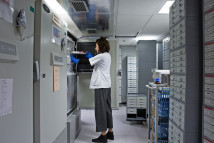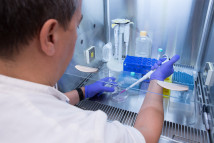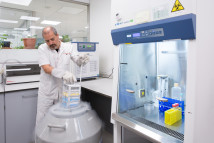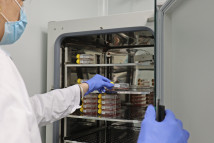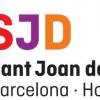
Sant Joan de Déu Barcelona Children's Hospital Biobank for Research
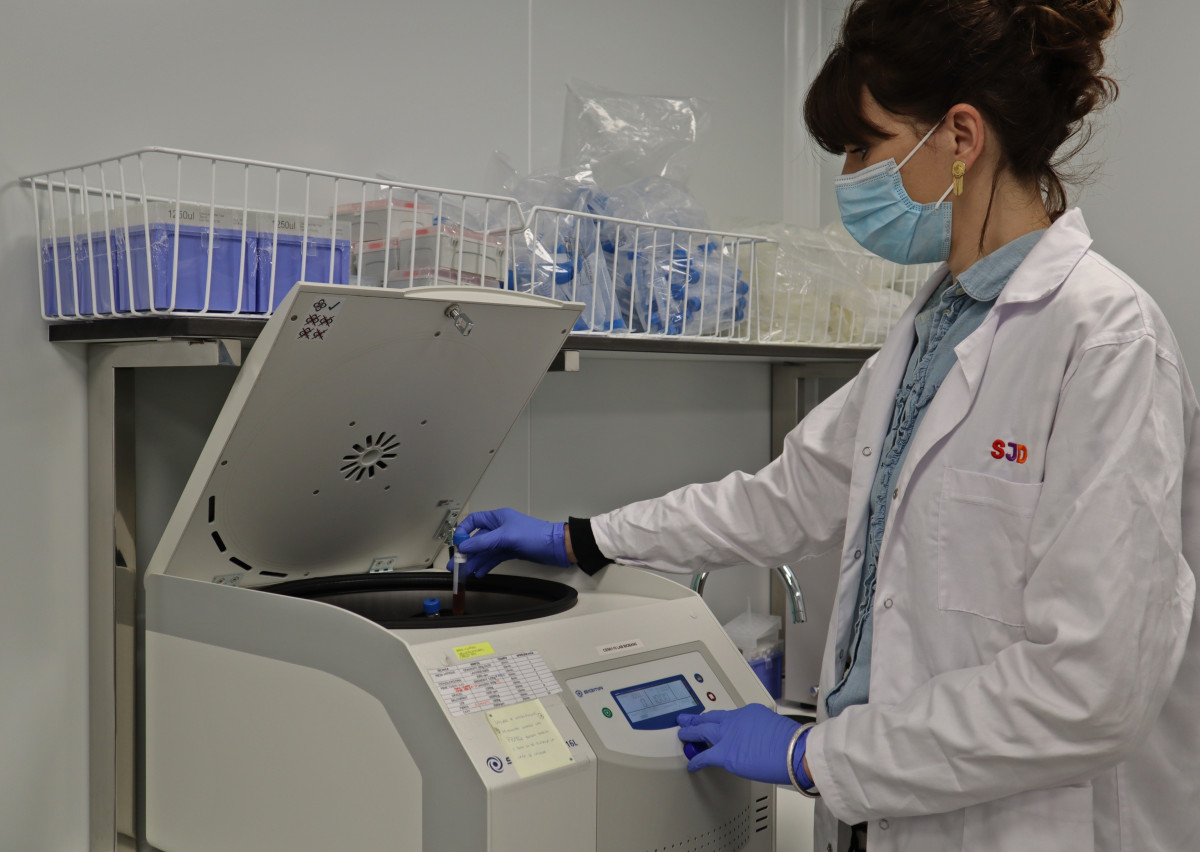
Biobanks are facilities that preserve biological resources that are essential for biomedical research. On the one hand, they collect, process, classify and store biological samples, as well as relevant clinical data associated with that material. On the other hand, they collaborate in the advancement of biomedical research by providing samples to researchers who request them. The pre-analytical phase of these biological samples is often performed in biobanks. These procedures, which are carried out on the samples before their use in research (blood centrifugation, nucleic acid extraction, cell culture explants), are as important as the ones performed during the analytical phase, since they can directly affect the results obtained. This is why it is vital to carry out the procedures of the pre-analytical phase under strict quality standards.
The Sant Joan de Déu Barcelona Children's Hospital Biobank for Research (Spanish acronym: BHISJDI) is a biomedical support service of both the Sant Joan de Déu Research Institute (IRSJD) and the Sant Joan de Déu Hospital (HSJD), which provides technical support from the basic research level to medical care procedures. The BHISJDI exclusively manages paediatric and maternal-foetal biological samples and it is the only maternal-infant biobank in Spain.
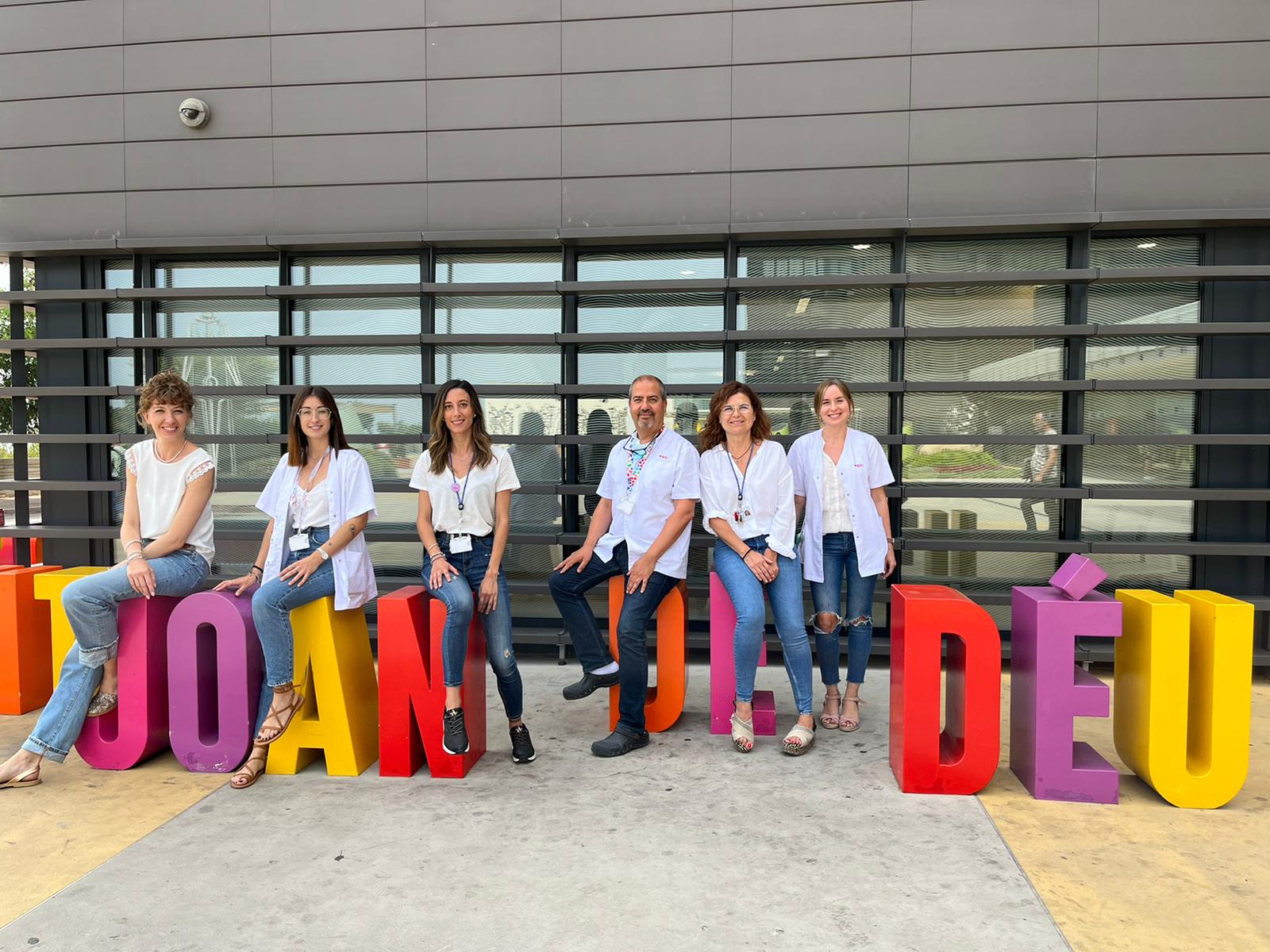
The BHISJDI was created in 2010 thanks to a national project of the Carlos III Health Institute (ISCIII). Currently, it is part of several national and international biobank networks and platforms, a fact that fosters participation in big projects, alignment with national and European trends, as well as constant staff training via courses and congresses.
In its more than 10-year history, the BHISJD has grown, not only in the number of samples collected but also in the complexity of its technical processes and services. Thus, simple sample processing have given way to more complex techniques, such as cell cultures or B cell immortalization. This specialization is the result of the adaptation to the type of research carried out at IRSJD and HSJD, which gets more and more complex with time. Currently, the biobank manages samples of more than 25 different pathologies and more than 30 types of biological samples (blood, saliva, urine, hair, nails, etc.), each with its own particular processing.
Supporting biomedical research
Supporting biomedical research is the best way to generate knowledge and help patients and families and donors are essential for the BHISJD. For this reason, in addition to the management and technical processing of biological samples, the biobank is actively dedicated to patient engagement, a set of actions designed to encourage patient involvement in research. This social aspect is essential to motivate donors. In this sense, the biobank disseminates its work through several channels, including a LinkedIn account with more than 1,200 followers, in which the most outstanding milestones in the area of paediatric research are published. In addition, they are preparing an informative leaflet addressed to donors and relatives, which will soon be published.

